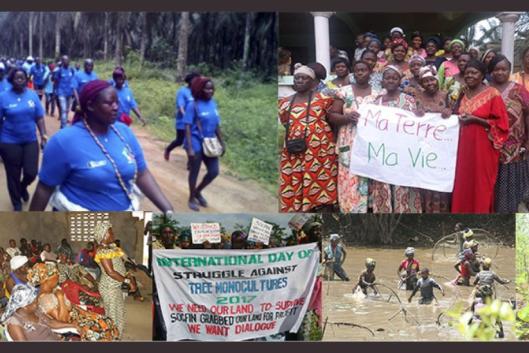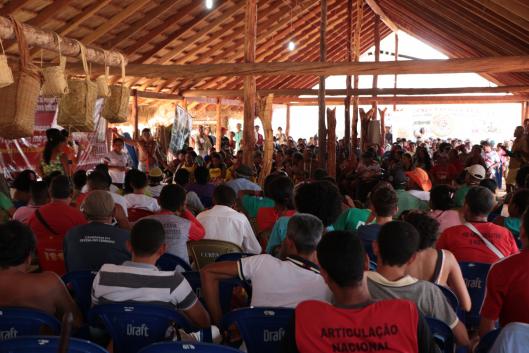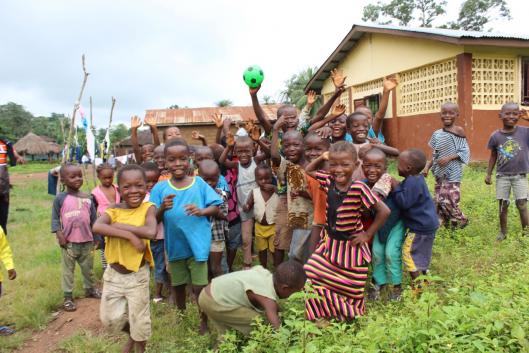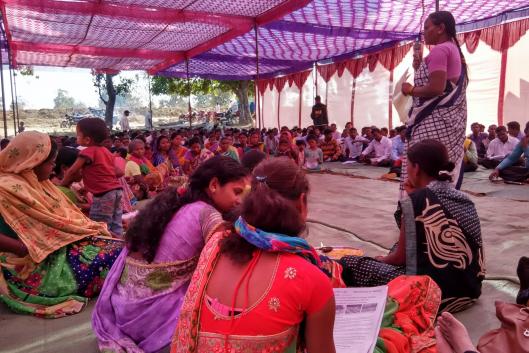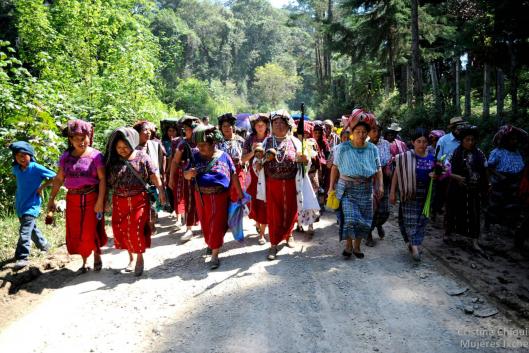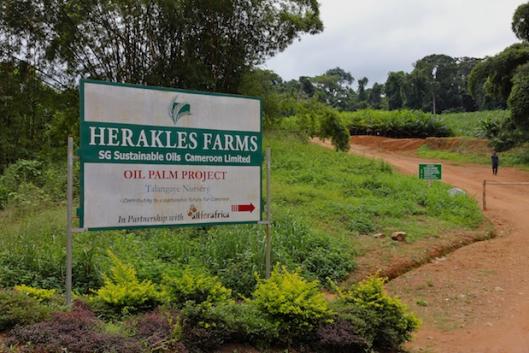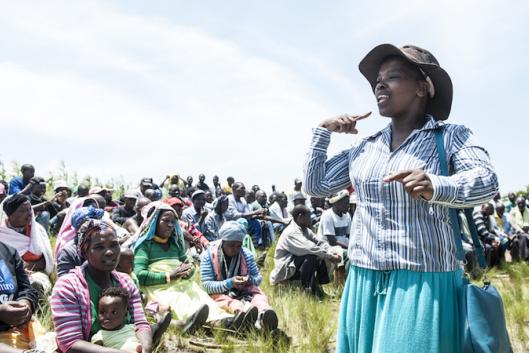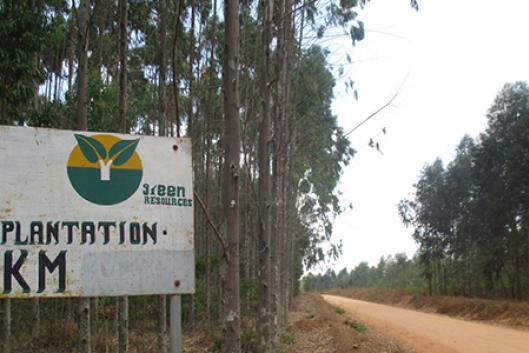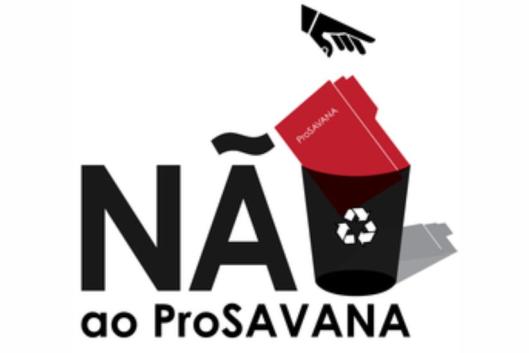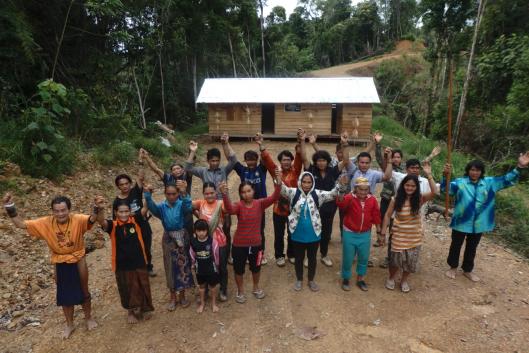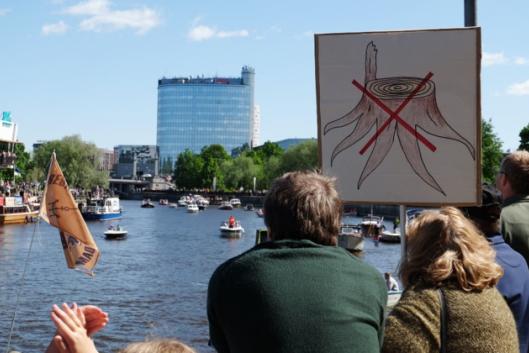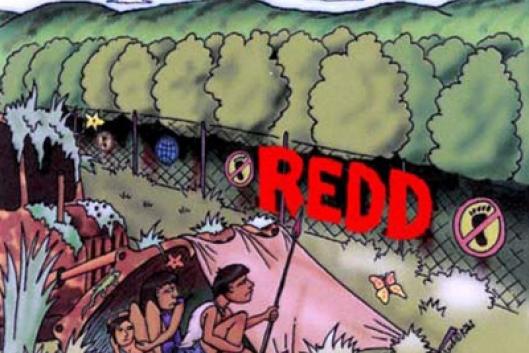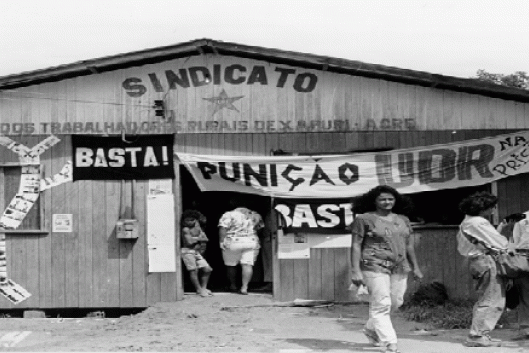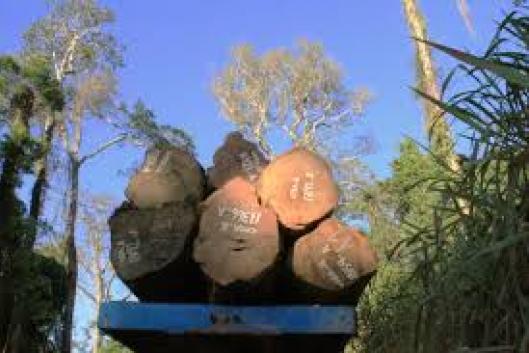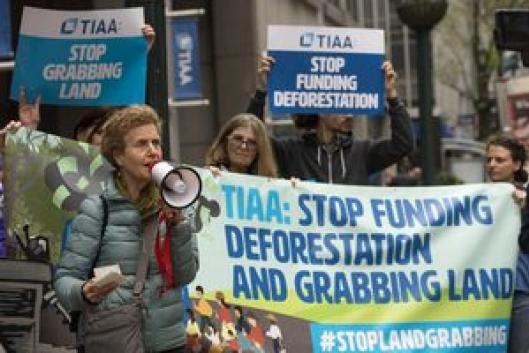Despite the many profound damages that industries cause in the world's forests, they also cause something else to emerge: the strong and diverse resistance movements of affected communities defending their territories, livelihoods, cultures and even their existence. The struggle continues! (Available in Swahili).
Bulletin 241
Voices from the Ground: Communities in Movement and Resistance Strategies
This Bulletin articles are written by the following organizations and individuals: an indigenous activist in Brazil; an activist in Sierra Leona; organizations Kalpavriksh and Amhi Amchi Arogyasaathi from India; the Women and Territories Program from the Fondo de Acción Urgente para América Latina y el Caribe; an activist from Camerún; the African Women network Against Destructive Resources Extraction (WoMin Alliance); Justiça Ambiental! from Mozambique and SUHODE Foundation from Tanzania.
WRM Bulletin
241
Nov / Dec 2018 (Also available in Swahili)
OUR VIEWPOINT
VOICES FROM THE GROUND: COMMUNITIES IN MOVEMENT AND RESISTANCE STRATEGIES
-
22 December 2018WRM spoke with Kum’tum, an indigenous man from the Akroá-Gamela people of Brazil. These are his reflections about their history and the current collective process that aims to rediscover and recover their roots, after having been dispossessed of their territory and community. (Available in Swahili).
-
22 December 2018
Villagers in Sierra Leone Ponder their Future after Winning their Lands Back from a Palm Oil Company
After a decade of struggling against a company that grabbed their lands and erected oil palm plantations, a court has ruled that the lands must be given back to the communities. Now they are trying to figure out what they should do with the large areas of lands that have been occupied by oil palms. (Available in Swahili). -
22 December 2018Village assemblies in Korchi, along with resistance against mining, are actively engaged in reimagining and reconstructing local governance. Women’s collectives have also started to assert their voice in these emerging decision-making spaces. (Available in Swahili).
-
22 December 2018In Latin America, women have always been part of the historical struggles in the defence of territory and the environment. Through protests and daily practices, they have resisted the many ways of extractivism and all forms of violence against women. (Available in Swahili).
-
22 December 2018An interview with the activist Nasako Besingi. He organized communities in their protests against US agribusiness Herakles Farm’s palm oil plantations. Due to this engagement, he has been the victim of Herakles Farm and government physical attacks, intimidation and criminalization. (Available in Swahili).
-
22 December 2018The Southern African Peoples Permanent Tribunal on Transnational Corporations has been an important tool for communities to share their struggles as well as to challenge the status quo by rising up to say NO to corporate power, impunity and a destructive development agenda. (Available in Swahili).
-
22 December 2018At first glance, the Nzivi village is a village as many others in the area. But a big difference is that it does not allow investors for large-scale activities, such as monoculture tree plantations. Green Resources is the main private plantation company active in Tanzania. (Available in Swahili).
PEOPLES IN ACTION
-
22 December 2018Peasants’ movements and civil society organizations from Mozambique, Brazil and Japan met in Tokyo, Japan, in November 2018, for the fourth Triangular Peoples’ Conference against ProSAVANA. The final declaration of the Conference “exposed the agribusiness capital agenda of eliminating peasant agriculture in our territories, exemplified by programs such as ProSAVANA in Mozambique or MATOPIBA in Brazil, which are promoted by the Japanese International Cooperation Agency (JICA), in alliance with the financial capital and governments of these countries.” The declaration calls for solidarity with the people in the Nacala Corridor in Mozambique and in the Brazilian Cerrado.
-
22 December 2018After two years of struggle against logging in their forest, the Penan village of Long Tevenga in Northern Sarawak gained a major victory. The Penan tried to prevent the logging company from entering the forest with a barricade on the logging road and last August they built a house across the road. The company had no way to get through.
-
22 December 2018In May 2017, the Estonian government launched a procedure for a national designated spatial plan to determine the most suitable location for a planned 1 billion euros pulp mill in Viljandi and Tartu Counties, as well as a strategic environmental impact assessment procedure. The Est-For Invest company planned to build a large-scale pulp mill that would process some 3.3 million tonnes of pulpwood and produce up to 750,000 tonnes of output per year, primarily for export. Following protests by local residents and opposition from local governmental agencies, the government initiated the full termination of the procedures.
-
22 December 2018California’s Air Resources Board held a public meeting to consider the endorsement of the California Tropical Forest Standard, which details a discussion about trading forest carbon against continued emissions from burning fossil fuels. The Board finally decided to postpone making a decision until April 2019.
RECOMMENDED
-
22 December 2018In June 2017, the WRM carried out an interview with Dercy Teles, the first female president of a Brazilian Rural Workers’ Union, in the town of Xapuri, Acre in 1981. Xapuri became known nationally and internationally because of the union leader who succeeded Dercy: Chico Mendes. She reflects on the rich history of the rubber tappers’ popular movement, including its difficulties, lessons learned and challenges.
-
22 December 2018A team of journalists from five Latin American countries investigated how groups of timber traffickers manage to steal and process timber from the Amazon. An article from the newsportal Mongabay exposes how illegally-sourced timber from Peru, Bolivia, Brazil, Ecuador, and Colombia are incorporated into the international market with falsified official documents that are almost never verified.
-
22 December 2018A recent report by the NGO GRAIN highlights how the number of pension funds involved in farmland investment and the amount of money they are deploying into it is increasing, under the radar. This unprecedented take-over of farmland by financial companies has major implications for rural communities and food systems. Leaving it to the companies to police themselves with their own voluntary guidelines is a recipe for disaster.
